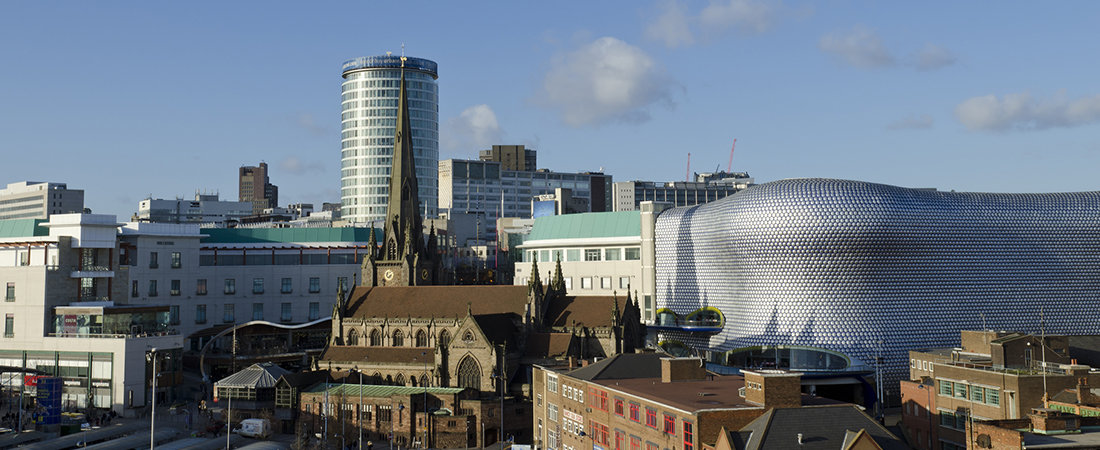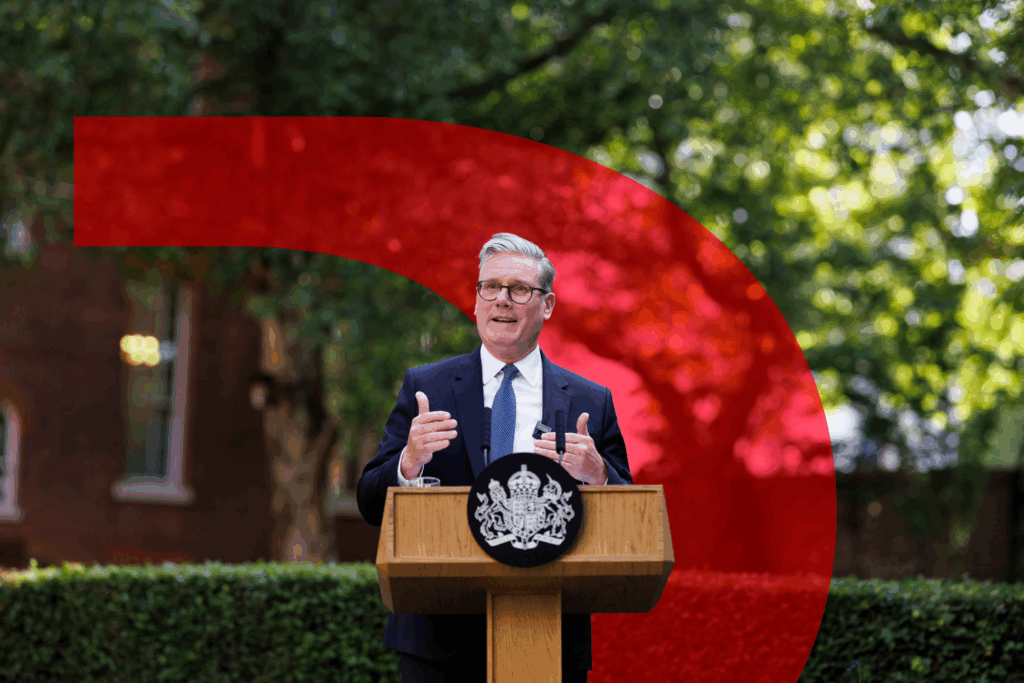The newly-elected metro mayors represent an enormous opportunity to reshape this country and lift the tone of politics generally. Any visitor to Manchester, Birmingham or Liverpool can see for themselves what a more ambitious and optimistic city polity was able to achieve in the 19th century. Since then, these great cities have lagged behind London for want of leadership but now have the chance to burst onto the stage as global cities in their own right.
The role of businesses should be to imbue the new mayors with that same 18th century ambition from the word go. The opportunity is so great because this potential has been neglected for so long.
Post war over-centralisation in Whitehall left our politics unbalanced and the powerful less responsive to the people. Denuded of their position as regional capitals, it is easy to understand why these cities turned inwards. My home city of Liverpool went from triumphantly building the largest neo-classical temple in the world in the 1850’s to demolishing its bombed out palatial customs house a century later to ease rampant unemployment.
Since then London has commanded the lion’s share of investment and attention while other regions saw relative stagnation.
There were sporadic attempts to ease the capital’s guilt – Michael Heseltine famously took coach loads of industry captains north to show them around in the 1980s, scattering the regions with development corporations, designed to sidestep local government. George Osborne has pioneered the Northern Powerhouse concept, similarly dragooning city financiers and even foreign autocrats into contemplating investment. Critically though, for the first time, we are seeing proposals to make local politics more powerful not less. It has finally dawned on Whitehall that city government is not the problem, it is the solution.
Having served as Deputy Mayor for Policing and then for Business and Enterprise in London I know that the transition for an incoming mayoral administration can be tricky and that economic development, so crucial to the confidence of a city, can slip down the agenda as priorities compete.
It’s why I suggested Mayor Johnson specifically create the office of Deputy Mayor for Business and Enterprise and why I was keen to do the job myself.
So, what to expect and how can you keep the economic matters at the forefront of the mayor’s mind.
First, despite their influence on the Local Enterprise Partnerships, expect the mayors to face spending constraints. The most successful ideas businesses can present will be those that don’t eat into the budget. Suggest something that the mayor can stop doing or do better and you’ll definitely get a hearing. Remember, the mayor’s diary will be filled with people asking for money. Second, all mayors love to leave their mark on the city – planning things, building things and cutting ribbons.
Make sure that the Mayor makes space for business by getting him or her to look over the plans, dig the foundation, top out and open the door on completion wherever possible. All four events give you the chance to make the point – business matters.
Third, all mayors adore travelling and can come into their own in promoting cities abroad. With big name cities like Manchester and Birmingham they can develop international brands just as London has.
The job of business is to encourage this global outlook and help shape the brand into one of optimism: seek out opportunities and get the mayor to throw their weight behind them. At least two trade missions a year should be the target.
Finally, you must persist. The people who made the most impact on us at City Hall were those who called incessantly with positive, interesting ideas and wouldn’t take no for an answer.
Always ready to help with a photocall, to host a meeting or promote a mayoral initiative, they recognised that the relationship between city hall and business must be a two way street if the objectives and ambition of both are to be self-reinforcing.
Above all, don’t be shy, the new mayor is waiting for your call.
By Kit Malthouse MP. Kit was first elected as the MP for North West Hampshire in 2017. He previously spent eight years as London Assembly Member for the West Central constituency, including four years as Boris Johnson’s Deputy Mayor for Policing and a further three as Deputy Mayor for Business.






